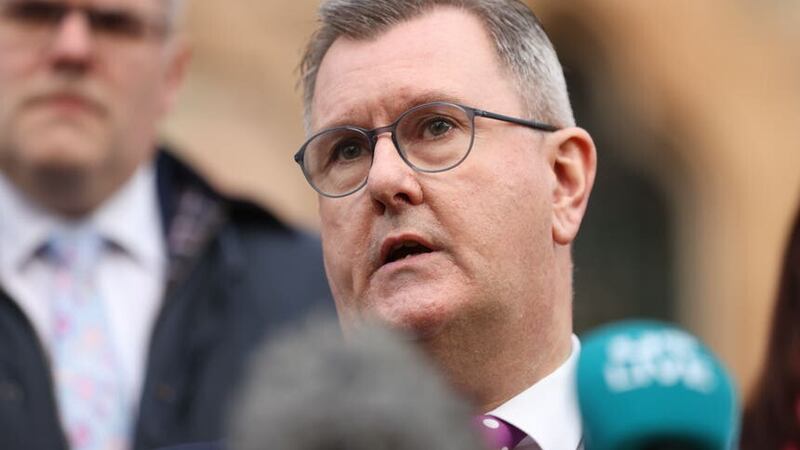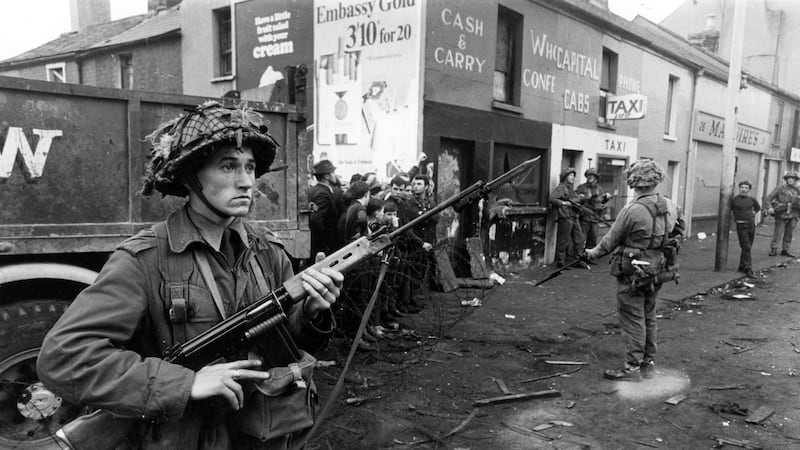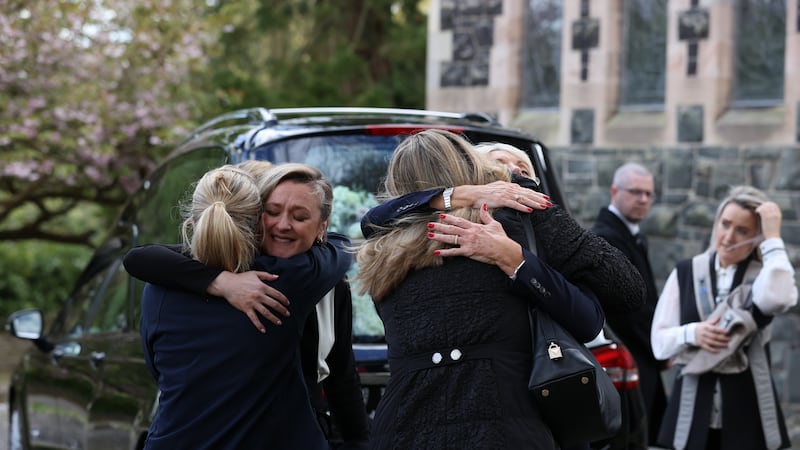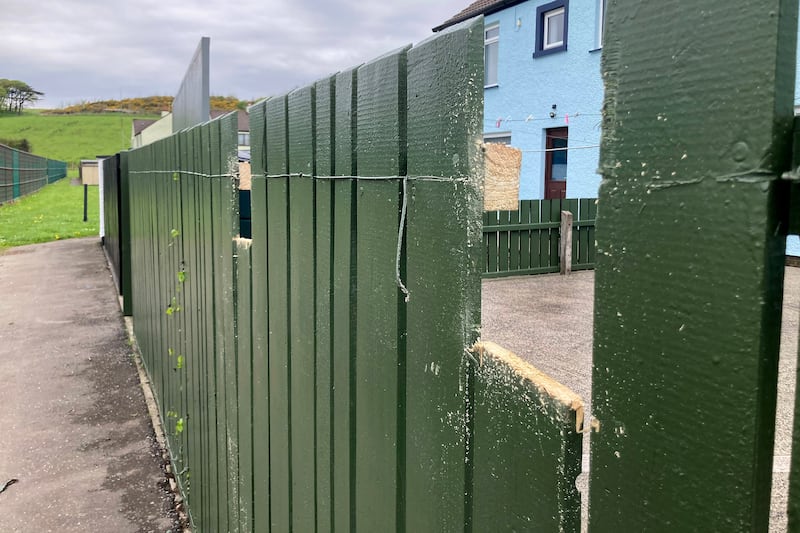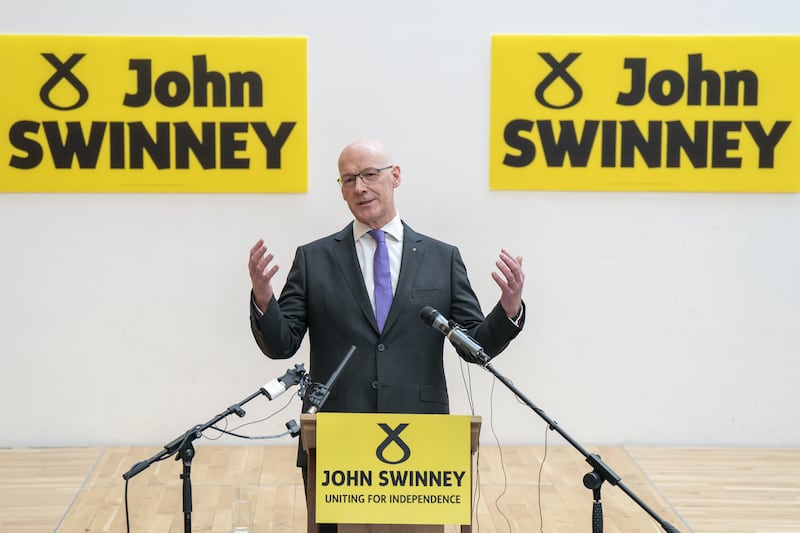Though questions undoubtedly remain about the Windsor Framework, especially in relation to the operation of the Stormont brake, the agreement does present a clear path for the DUP to end its boycott of power-sharing.
A return to Stormont is inevitable for the party. After more than a year of self-imposed exile from the Executive over the NI Protocol, in which it has blocked MLAs from doing their jobs, stymied public services and aligned itself with fringe elements, the DUP has no other credible option.
The decision for Sir Jeffrey Donaldson is therefore less about if and more about when he will choose to lead the DUP back to Stormont. That will mean respecting last year’s mandate by allowing the election of a Speaker and the formation of a new Executive, with Michelle O’Neill as first minister.
Sir Jeffrey has said the DUP won’t be rushed into making its mind up and that the party will come to a “collective decision” once it has fully assessed the EU-UK deal. This is a not unexpected approach but it would be deeply regrettable if the DUP were to string things out for weeks or attempt to turn May’s council elections into a pseudo-referendum on the Windsor Framework.
While there is a route back to Stormont for Sir Jeffrey and the DUP, it is narrow because of the antagonistic stance adopted by the party in its opposition to the NI Protocol.
A rare intervention from former leader Peter Robinson and a stream of commentary from MP Sammy Wilson, the party’s energetic Brexit spokesman, illustrates the obstacles Sir Jeffrey must thread his way through.
Though he studiously avoided setting out his own view of the framework Mr Robinson emphasised the importance of “maximum cohesion” and a “collegiate decision”, and that the party was right to take its time to reach “a wise, prudent and defendable outcome”.
Mr Robinson said it was important for views within the party to be expressed privately. This advice has presumably not reached Mr Wilson. He has appeared on a range of broadcast outlets to pronounce on his misgivings about the framework and other matters, including the meeting between King Charles and European Commission president Ursula von der Leyen.
Importantly, although he has complained about aspects of the deal, Mr Wilson has yet to dismiss it outright. Nor has Mr Robinson.
Behind the bluster, the DUP must realise it has to come to terms with the Windsor Framework and find a path back to Stormont.
